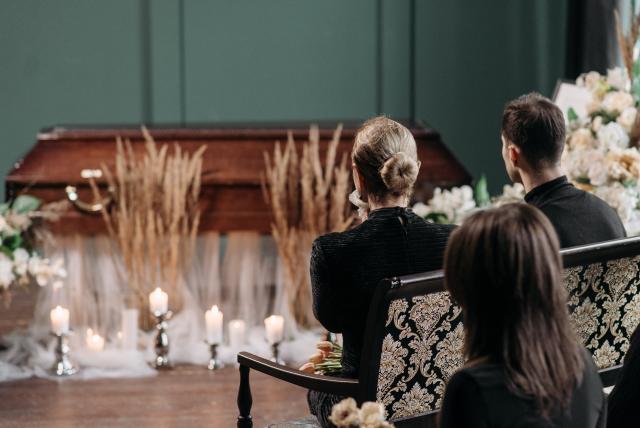DEALING WITH LOSS: Getting affairs in order

Digital Edition
Subscribe
Get an all ACCESS PASS to the News and your Digital Edition with an online subscription
Emu Park man charged over suspicious fires
A 38-year-old man has been charged following a series of suspicious fires at Andergrove, in the Mackay Region, in January and February of this...







